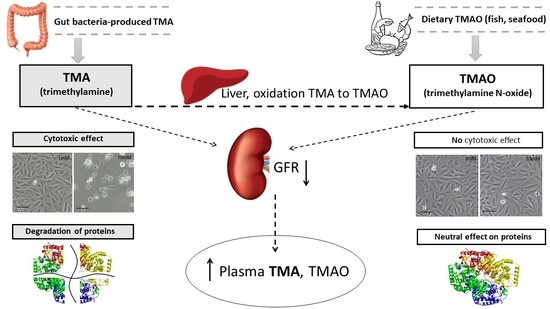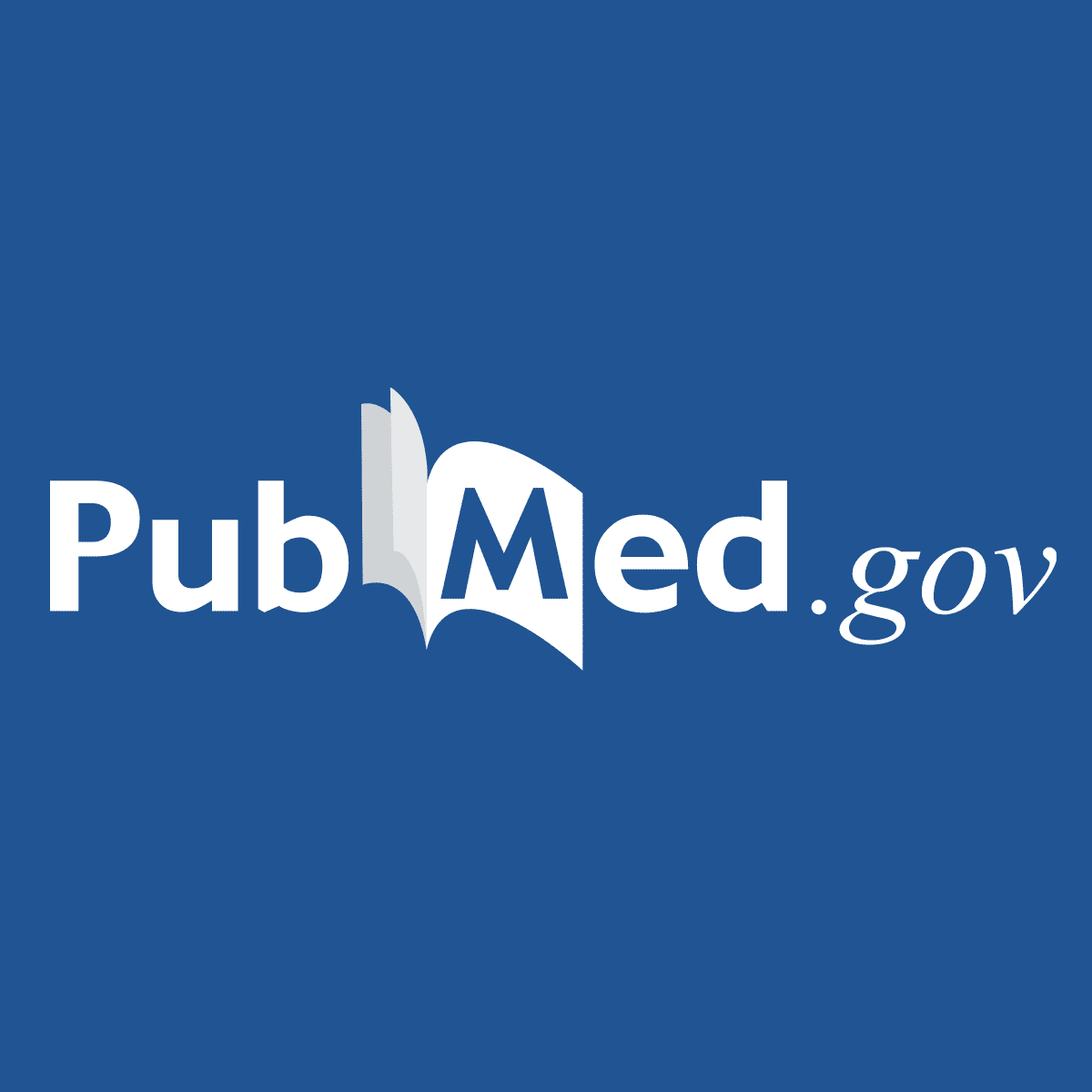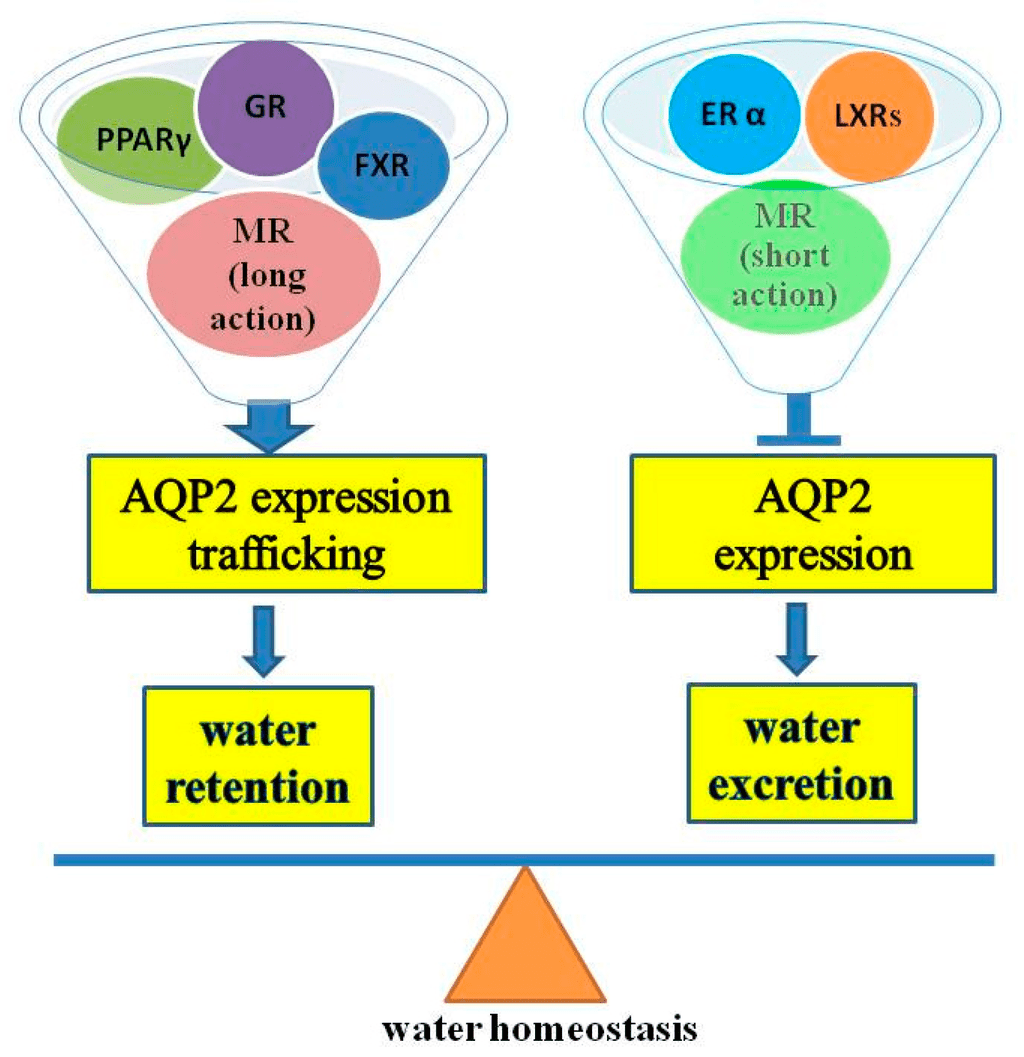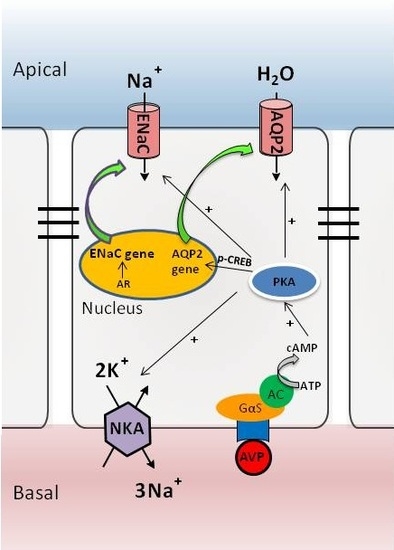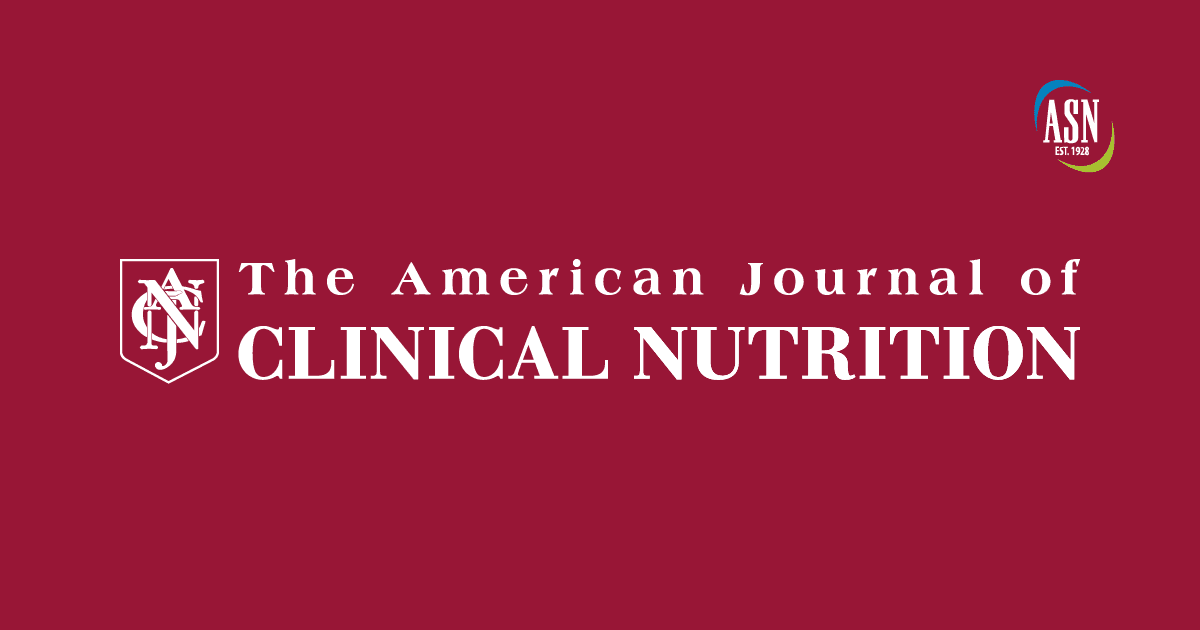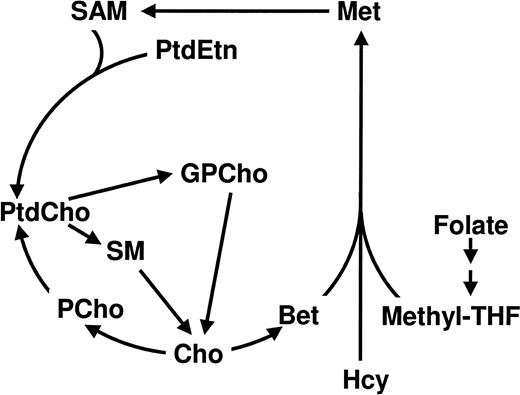David PS
Member
FYI - The 7 yolks was from medium eggs. From Cronometer, 7 medium = 5.5 extra large eggs. And for the upper limit, 27 medium = about 24 large eggs. So when it comes to eggs, size does matter (just a little).I can definitely handle that rather than 7 yolks. :)
Last edited:

